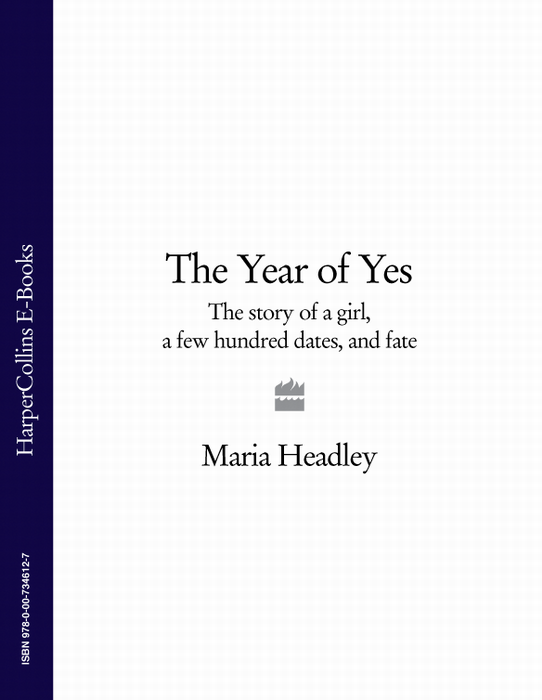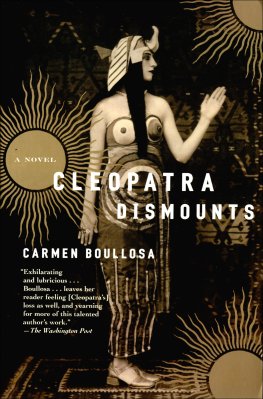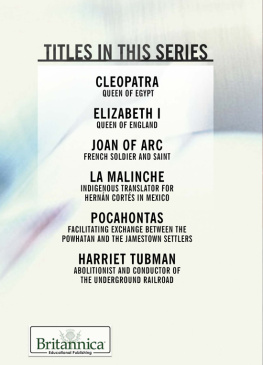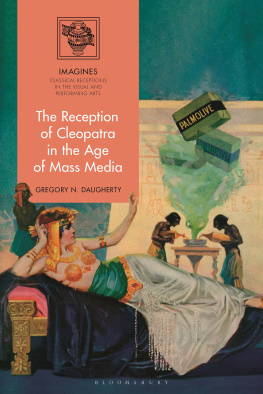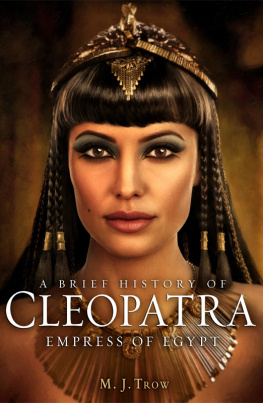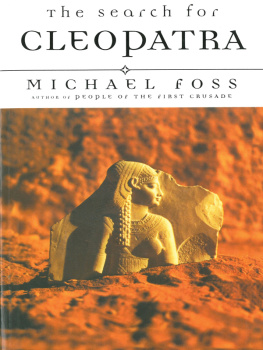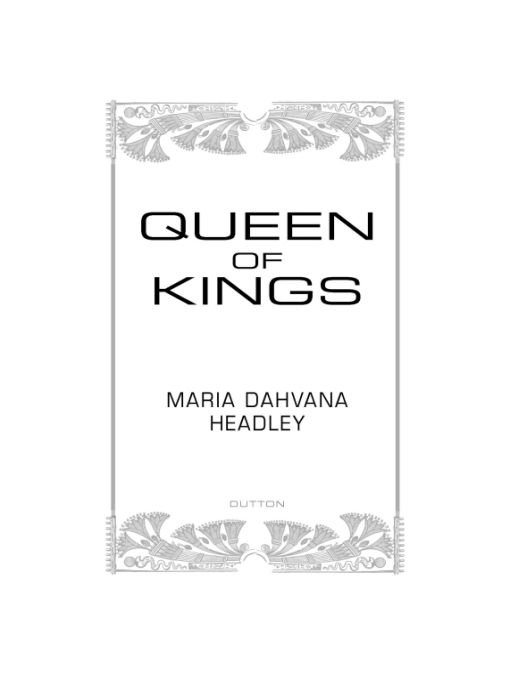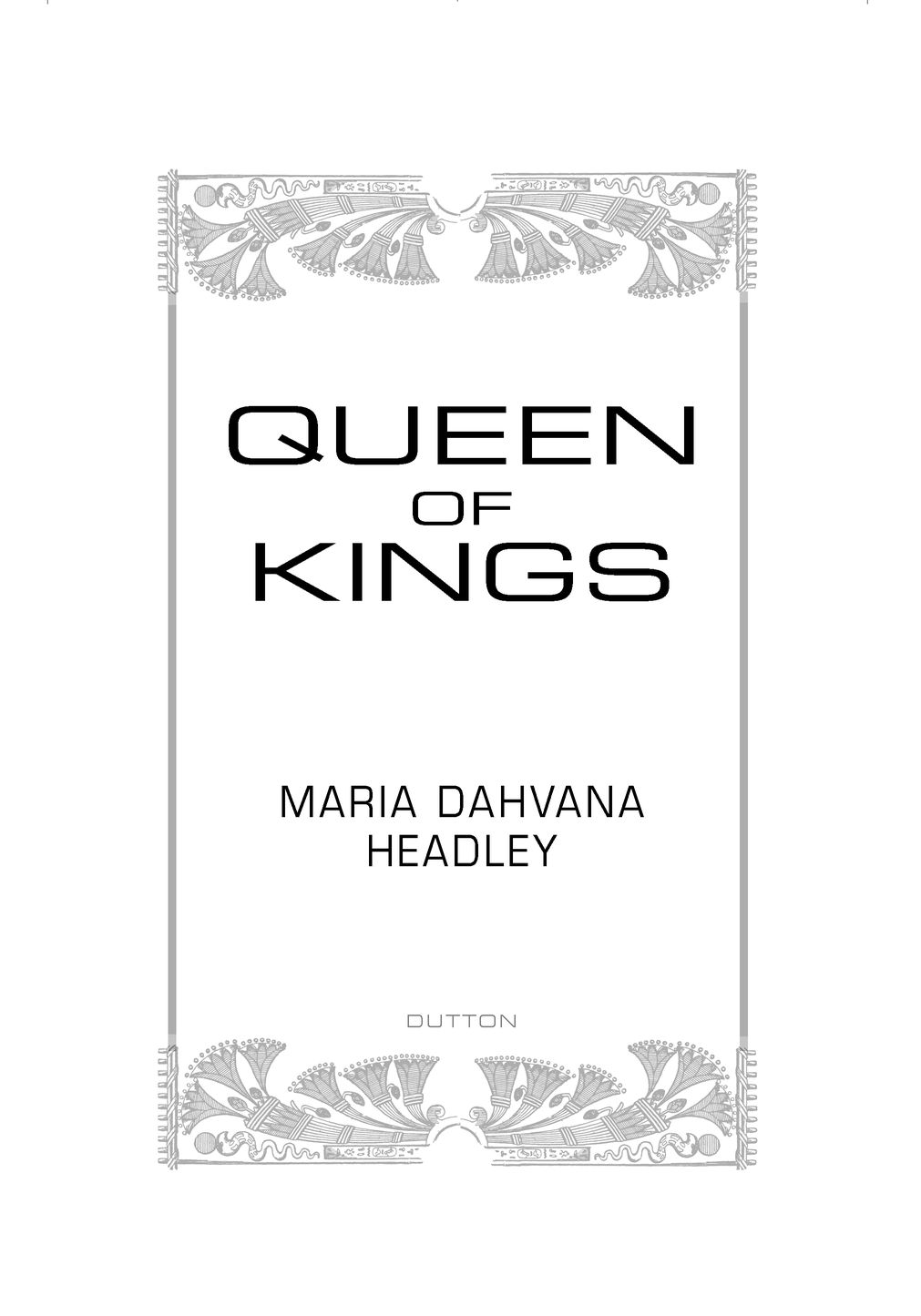Table of Contents
For Robert Schenkkan
Chief Wonder of My World,
On whose behalf Id gladly negotiate with any Gods,
And battle any monsters.
Prologue
I, Nicolaus the Damascene, once philosopher to a king, once tutor to the children of a queen, once biographer to an emperor, now live in exile. I move toward the tomb, whether to journey into Hades or to wander as a spirit lamenting on the shores of Acheron. I cannot say which gods will claim me, for I left behind Damascus and her gods long ago for those of Egypt and of Rome. My body will end its days here at Avernus, unmourned.
The one thing I know with certainty is that she will come for me.
By virtue of position, I have been witness to more than any other man. I have seen rooms filled with gold, and streets stacked with bones. I have seen lakes turn to blood. I have watched the moon dance on the fingertips of witches, and stars extinguishing their lights at the behest of immortals. I have seen the beasts of the wilderness commanded into war by a woman. I have seen a lioness become a queen, and a queen become a monster.
I have seen things I cannot say aloud, though I am bound to write them here.
I will recount the story the emperor forbade me to tell. I will write the truth as far as I know it, in desperate hope that this may be enough. I cannot fight alone. All I have are words.
May these words be enough to save you.
The old scholar paused in his writing, tracing his fingers over the twisting branch of scar that ran from his palm to his shoulder and down across his back. It had been there so long that it seemed an original part of him, but it gave him pain still, particularly when the thunder came. Outside the sibyls cave, the air smelled of storms, and Nicolauss scar lit with knowledge of the weather. There was a tremor in his hand that nearly obliterated his writing, and when he drew breath, it was with difficulty. Hed delayed almost too long. She walked the earth, and there was nothing he could do to stop her now, nothing but this.
He willed his thoughts back to the Egypt of his youth. The pale, marble-paved passageways of Alexandria, the flashing-eyed women, the feel of his sandaled feet against the road. The gilded barges and shining faces. Hed come to the center of the world. All these things, in memory, held a sweetness, a tenderness that he knew would flee him as he wrote. That far-off past was a clear pool, and his subsequent history was a measure of dark ink fouling the waters. Or blood, perhaps. His memories were stained with red.
Hed been an innocent back then, convinced of immortality, if not of the flesh, then of the words. Hed thought himself a writer of great truths, imagining his histories held in the hands of young scholars, his name inscribed on monuments, his tomb garlanded.
Those dreams were long gone. Nicolaus had seen the future, and it was not a place for poets.
He thought of the Museion, where hed studied with his friends, working, so arrogantly, on what he believed would be the first and only true history of the universe. Hed finished it, a hundred and forty-four books of it, only to watch them burn. Hed written too much of the truth, where he ought to have written lies. Hed imagined himself a friend of the emperor and therefore untouchable, and he had been wrong.
Nicolaus was lucky. The Romans had never found his real work, and for this he was thankful. It was this work he held in his hands now, as he tried to summon the courage to finish writing what was necessary.
He thought of her, of the graceful beckoning of her jeweled hand, when shed set him the task that would ruin his life as well as her own.
Find me a spell, she whispered, as alive in his memory as though she stood before him. He smelled the spicy perfume of her skin, the honey on her breath. A spell for a summoning.
It was not even a question that he would help her. She smiled at him, and he looked into her beautiful, dark eyes, seeing her hope, seeing her need.
The last time hed seen her, her eyes had been changed into something quite different.
He promised then to do her bidding, and he did it willingly. How could he not? Nicolaus hadnt been the first man to sacrifice his own life for hers, but he had also sacrificed the lives of countless others. For more than fifty years now, hed watched helplessly as the prophecies came to pass, knowing shed scarcely begun.
Hed seen the future in his emperors eyes. The ruler, in delirium, sleepless and haunted, had confided his visions to Nicolaus, swearing him to secrecy, but there was no point in it now. The emperor Augustus, he who had controlled the world, or thought he had, was dead, and Nicolaus was soon to follow.
The scholar shuddered, feeling frost skittering over his bones. His scar throbbed. Fatale monstrum, the Romans had called her. Fatal omen. Or, if one were to think of the double meaning of the word, and this had certainly been the intention, fatal monster.
Mistress of the end of the world.
And yet he knew her. Her heart had not always been dark. Perhaps it was not wholly dark even now.
Nicolaus wished that hed died years before, knowing nothing of the things he was bound to tell today. His life had been long, and his memory remained perfect. This was his particular punishment.
Now he was the only one left who knew the truth. The only one, save her. Though it was sacrilege, though it was foolhardy to set down the words, he had to give warning to the world to come. To leave this life without doing so would be an irredeemable act, and his soul was already weighted with sins. Theyd know more in the future. Theyd learn. Perhaps they would learn enough to save themselves from the monster that Nicolaus, in his idiotic youth, had helped release into the world.
He looked into the sky above Avernus for a moment. The sun hung at the horizon, a fiery orb, and above it, the gathering clouds glowed copper and violet. Lightning slashed through one of them. The moon rose, yellow and ominous, even as the sun fell, struggling against the night and thunder.
Everything was at stake.
The people of the future would not know what was coming for them, not unless Nicolaus told this story. Theyd have no defense. He thought for a moment of that world, the world hed never see. It was a future so distant that almost nothing would remain of the things he had loved. Augustus had told him of his visions: buildings crumbling, cities disappearing beneath the waves, wars and bloodshed. Strange and shining machines, and untongued masses, all speaking the languages of barbarians.
The emperor had seen the future, and she was in it.
Fatale monstrum, Nicolaus repeated silently. Her name and her destiny. He would be gone by the time it came to pass, and yet he had a part still to play.
The scholar lit his lamp and picked up the stylus and tablet. He drew in a deep breath. This would be his last work. He must get it right.
Let this be the true and accurate history of the falsified death of Cleopatra, queen of Egypt, in the first year of the reign of the emperor Gaius Julius Caesar Augustus, and of the wondrous and terrible acts which followed thereafter.
Let this be the story of the rising of a queen and the falling of a world.


